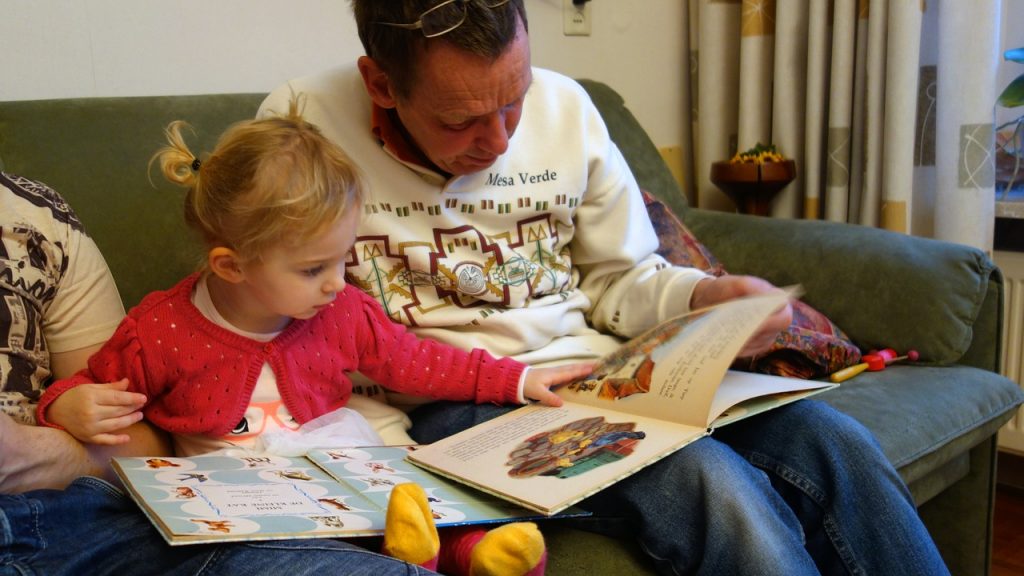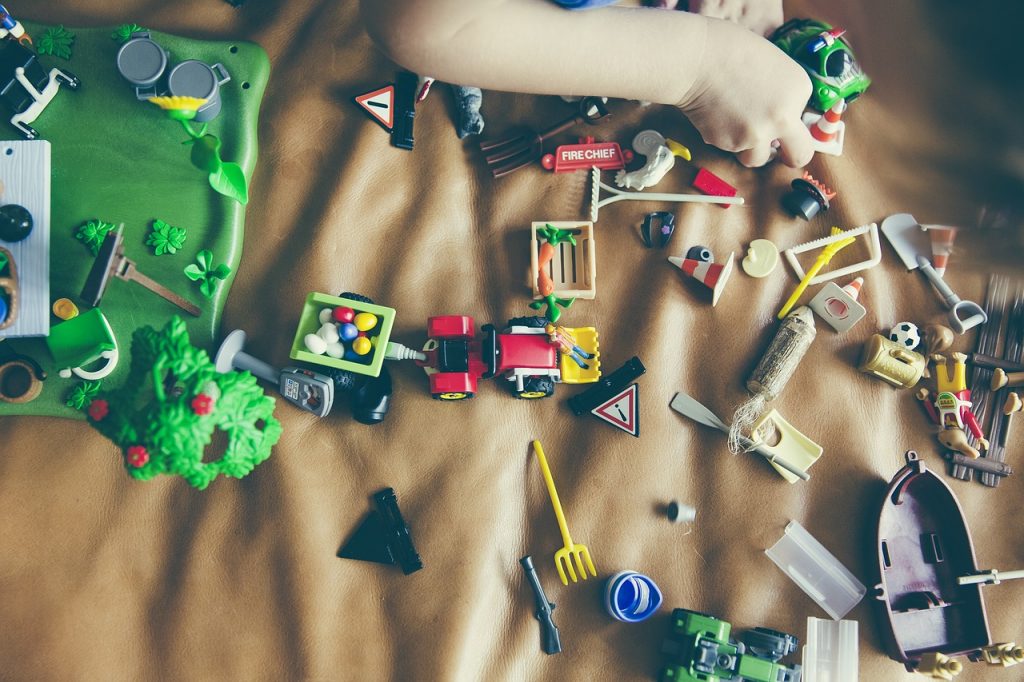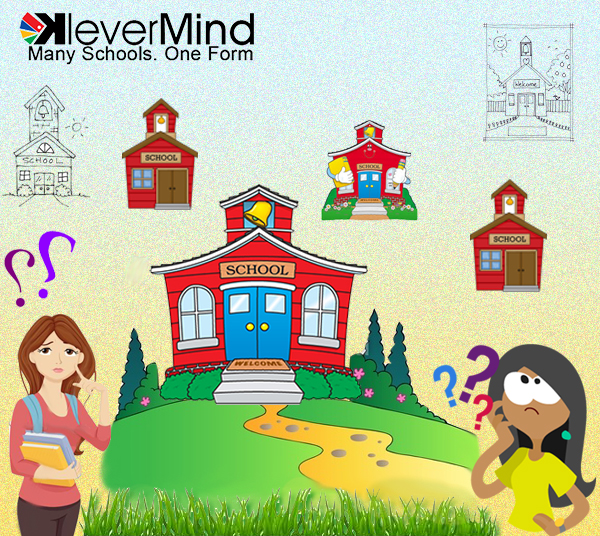Stimulating cognition early in life..
We would all like to see our children grow into intelligent people. For that we will have to inculcate in them, the skill of being life long learners. A simple and effective way to build that intellect is by stimulating cognition early in life. By doing that, you help them sow the seeds of success.
For most of us, the first years of our child’s life are typically punctuated by specific, concrete milestones. From first steps and first words, to first tastes of real food.
But as the child gets closer to school age, the questions get far more complicated. Common, but important, questions leave many parents confused and in search of guidance. And as usual, the answers aren’t as concrete as one might have hoped.
Ask questions.
As you travel around with your children, encourage creative answers from your child by asking open-ended questions. Such as “Why do you think the sun shines?” or “How do you think birds stay up in the air when they fly? It helps in stimulating cognition and helps in develop their vocabulary. Such children are often more capable of handling more information than those with limited language skills. Help your child learn to be independent, but within healthy limits. Children should not equate “independence” with refusing to follow directions. To help your children understand the difference, try giving your child choices within your directions. For example, if you want your child to make his bed as well as pick up his toys, let him choose which one he wants to do first. This gives your child some control, but also ensures both tasks are completed.
Read, read, and read.
Reading with your children as well as letting them see you read surely helps in stimulating cognition. At the same time, it also gives your children the message that reading is important and fun. Children learn about language from your voice even if they do not understand the words you are reading.
Get social.
Introduce your children to experiences where they can interact with other children their age. They should also learn to accept care from adults other than their parents. Your children will begin learning to play, cooperate and problem solve with their peers. They will also build important social skills besides stimulating cognition. Bring out your child’s artistic side. All you need is a comfortable space, pencils and crayons big enough for little fingers to grasp, and a blank sheet of paper. Then watch as those first few scribbles evolve from squiggles and loops to actual letter shapes.
Be your child’s counting coach.
Turning just about any household task into a counting game is a great way to stimulating cognition. Try counting out the forks and spoons as you set the table for dinner, or count as your child puts toys away. Children will learn to recognize numbers and understand fundamental math concepts. Basic household items as clocks, telephones and TV remote controls can be effective tools.
Finally, know and accept what your child is capable of. Young children often learn at dramatically different rates from the pre-school years up till age eight. You may still see your child working to build the skills needed for school success when that first day of formal school comes. RELAX – he will master those skills with time and support.













Be the first to comment